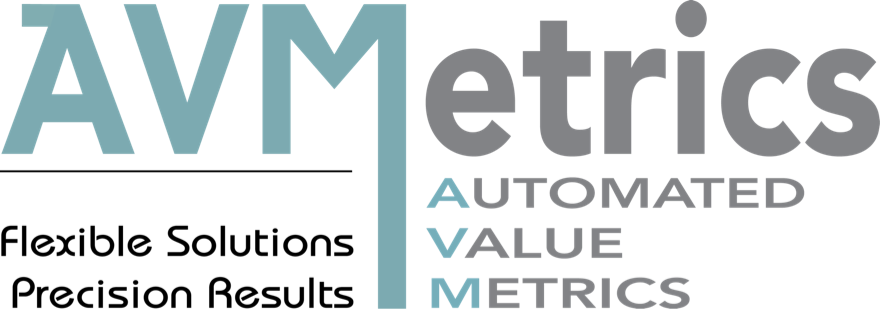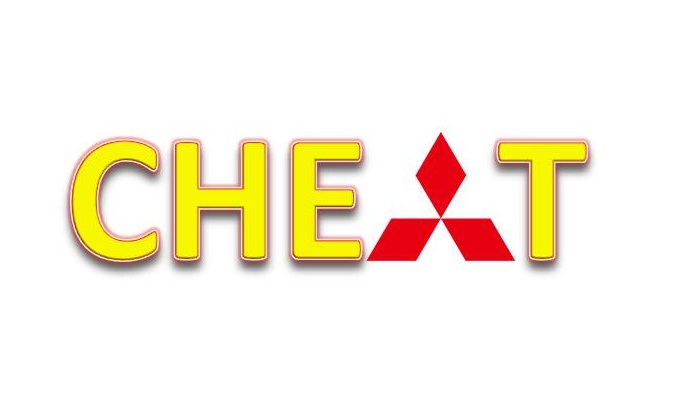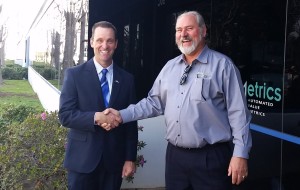Background
There is a lot of controversy about appraisals and Appraisers these days, and the FFIEC proposed rule change – increasing the de minimis threshold to $500,000 – allowing for an appraisal exemption and the use of an evaluation in lieu of an appraisal – has sparked anxiety in the world of collateral risk. Our colleagues at the Collateral Risk Network (CRN) expressed their opposition to the proposal. Not surprisingly for a group of its size, there are diverse opinions at the individual membership level of the group. Our opinion is that the change – far from being the catastrophe imagined – will in fact have some important benefits.
A Place for De Minimis
While the CRN and certain appraiser blogs expressed skepticism – to put it mildly – we believe that there is a place for an appropriate de minimis level, even the $500,000 level now being considered. On low risk transactions, evaluations (as opposed to full appraisals) can be appropriate and even beneficial for risk management of the overall lending system.
Here’s why. Lending volumes tend to scale up and down faster than the supply of appraisers. As a result, boom cycles in the lending business can place extreme pressure on appraisers. This scenario makes quality control extremely challenging. The option to leverage efficient evaluations on low risk transactions can improve the risk management of the entire system by devoting limited appraisal resources to their highest and best use. In other words, when you place strain on a system, something has to give, and raising the de minimis threshold enables lenders to focus scarce resources on the riskier transactions.
Evaluations and the Credit Crisis
The CRN expressed concern about allowing the mistakes of the recent Credit Crisis to be repeated, and we could not be in more agreement. However, their letter insinuated that evaluations (specifically BPOs and AVMs) were to blame for inflated valuations. Of the vast number and type of quality problems experienced during the credit crisis, evaluations were not a major contributing factor. In fact, we are not aware of any reported cases of AVMs being blamed for the quality problems experienced during the credit crisis.
Appraisals as a Source of Market Analysis
Strangely, the CRN comments suggested that reviewing individual appraisals is an important source of market trend analysis for investors during overheated markets. We find this highly improbable. The typical single-family appraisal may contain microanalysis of neighborhoods or small markets that lenders may find informative, but most Investors already access market and economic trend data via other sources, including their own or 3rd party economic analyses and risk management tools.
Existing Quality Control Infrastructure for Appraisals
The CRN letter makes the case that appraisals benefit from an extensive regulatory framework and quality control infrastructure surrounding their use, making them inherently safer for the industry to rely upon. We note that much of the same quality control infrastructure and practices were in place before the last crisis. Much of that appraisal quality control depends on the same people and practices – e.g., “desk appraisals” performed by other appraisers – making them subject to similar risk factors. In other words, appraisals are not a guarantee against risk. They are simply one tool in the toolbox – an effective and comparatively expensive tool – but they should not be an exclusive tool when evaluations can be effectively employed in lower-risk scenarios. .
Application of Evaluations
We believe in using the right tool for the job, and we believe that there is a place for evaluations in prudent lending practices. Relying on additional risk measurements, rather than just focusing on a one size fits all de minimis level can provide a formula for better risk management. For example: A $350,000 transaction at a 40% LTV for a pay stub borrower has less need for an appraisal; an evaluation might be able to suffice. Better to allocate that valuable appraisal resource to a $225,000 transaction at 90% LTV. Raising the de minimis, while providing additional guidance for other measures, provides lenders and investors more flexibility to make smarter risk management decisions, and it releases valuable appraisal resources to be used where they can have the most benefit.
Now that the FFIEC has recently closed its commentary period regarding the proposed de minimis lending threshold of $500,000, we expect to receive final communication from the FFIEC during 2016.
We anticipate that lenders will adapt to the new regulations incrementally, with quality controls designed for the new thresholds, not discarded with the bathwater.
Lee Kennedy & Mike Coyne,
AVMetrics, LLC.









 Right now, what Volkswagen needs most is probably not what you think. Yes, they need lawyers and public relations help, and probably more lawyers. And, they need some internal investigations and a new mission statement. But, what they need most is that magic thing that money simply cannot buy: Volkswagen needs to regain the consumer’s (and the world’s) trust, since the damage to their reputation will take years to repair; this was not simply a faulty product to recall and repair, as staggering as those reparations can also be, this was a direct assault on our belief systems, and that gets personal.
Right now, what Volkswagen needs most is probably not what you think. Yes, they need lawyers and public relations help, and probably more lawyers. And, they need some internal investigations and a new mission statement. But, what they need most is that magic thing that money simply cannot buy: Volkswagen needs to regain the consumer’s (and the world’s) trust, since the damage to their reputation will take years to repair; this was not simply a faulty product to recall and repair, as staggering as those reparations can also be, this was a direct assault on our belief systems, and that gets personal.